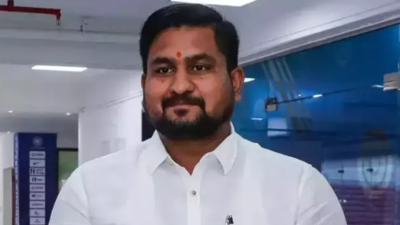Odisha University (Amendment) Act, 2024 comes into effect, marking major reforms in higher education

BHUBANESWAR: The Odisha University (Amendment) Act, 2024 has come into effect in the State following the assent of the Governor of Odisha, Dr Haribabu Kambhampati.
The Bill was passed on April 2, after extensive deliberation in the Odisha Assembly. With the Governor’s approval on April 12, the Act is now in force throughout the state, marking a significant reform in Odisha’s higher education system.
Expressing his gratitude to the Governor, Odisha Minister Suryabanshi Suraj described this development as a “new dawn” for higher education in the state. He emphasized that the act will bring transformative changes aimed at strengthening the education system, addressing longstanding challenges and enhancing academic excellence.
“The Odisha University (Amendment) Act, 2024 has been designed to address long-standing challenges in the state’s higher education domain. It aims to bring about substantial reforms, ensuring autonomy for universities and enhancing the efficiency of academic functions,” Minister Suraj stated.
One of the key reforms in higher education through the implementation of Odisha University (Amendment) Act, 2024 are, universities will no longer depend on the Odisha Public Service Commission (OPSC) to hire teachers. Instead, each university will form its own committee of education experts to carry out the recruitment process. This will help complete the process within a fixed time and ensure that the selected teachers meet the needs of different subjects and courses.
The selection process for Vice-Chancellors has also been changed. A three-member committee made up of respected educationists will be formed to choose new Vice-Chancellors. The age limit for holding this post has been raised from 67 to 70 years, allowing more experienced academic leaders to take charge.
Another important step is the reintroduction of the Senate in universities. The Senate is the top advisory body that helps guide the university’s development. It will have 68 members, including teachers, educationists, students, and staff. Each university must hold at least two Senate meetings every year, giving everyone a chance to participate in important decisions.
To build a strong and inclusive education system, the government is also focusing on improving the teacher-student ratio, introducing distance education in every university to reach more students, and increasing the Gross Enrollment Ratio (GER).
For better financial management, universities will have Finance Committees and Building and Construction Committees to monitor funds and infrastructure projects. All university finances will be audited by the Comptroller and Auditor General of India, and reports will be submitted to the Odisha Legislative Assembly.





